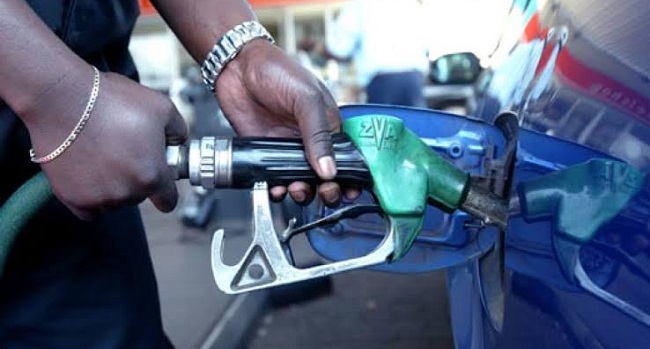Business
Nigerian govt issues 3-year promissory notes to clear N168bn subsidy debts. Why it matters

The Nigerian government has handed fuel marketers promissory notes totalling N168 billion and redeemable in 3 years to oil marketers as settlement for the subsidy debts it owes them.
This was made known in a statement on Monday by the Independent Petroleum Marketers of Nigeria (IPMAN).
Fuel subsidy spending, which has gulped N10 trillion of national wealth in the last 15 years and is four times larger than what Africa’s biggest economy spends on building new schools, health centres and equipping new science labs, was terminated by state-owned Nigerian National Petroleum Corporation (NNPC) in April because it was impossible to sustain it any more.
The corporation, which until then held Nigeria’s fuel importation monopoly, instead opened the floodgate of importation to marketers and declared that the pump prices of petroleum products would onward be determined by oil market dynamics as part of alternative measures.
“The government does not owe anymore. We have started collecting promissory notes for the last segment of the subsidy payment. However, it should be noted that we would not be able to cash it until the next three to four years,” Mike Osatuyi, Operations Controller at IPMAN, said.
The tenure of the current government ends in less than three years from now after which a new administration will take over for a four-year term.
Marketers have been incapable of bringing fuel imports into Nigeria after government lifted the embargo, Osatuyi stated, citing operational hitches ranging from absence of cash to volatility in the foreign exchange market and how long it will take to redeem the hefty subsidy debts.
“We need to settle down, review and resolve these issues with the relevant government agencies. We need to have a clear idea about the direction, before we delve into fuel importation.
“Unfortunately, we cannot hold the planned engagement immediately because of the coronavirus pandemic, which has restricted the movement of persons from one place to another. We look forward to holding it once the pandemic is over,” Mr Osatuyi said.
Read also: Nigeria’s fuel subsidy spending hits N10tn in 15 years
As the Buhari administration ends on 29th May 2023, ahead of the maturity date of the promissory notes handed to marketers as settlement for subsidy debts, which expire in 3 to 4 years, fuel marketers are likely to face payment trouble from the succeeding regime.
The likelihood is huge that the succeeding government will be hesitant in taking up the debt repayment obligation of its predecessor and, where it does, fulfilling that commitment is bound to take long or take the back seat in the new administration’s order of priorities as it settles down to address issues of immediate significance.
Already, the three to four-year tenors of the promissory notes is creating liquidity problem for oil marketers, who want to import fuel into the country soon and the questions of who will settle payment when the debt instruments are due is particularly worrisome.
The predicament might become even much more complicated provided in case the next presidential election is not won by the ruling All Progressives Congress, which might leave marketers at the mercy of a regime that is not sympathetic to their plight.
Join the conversation
Support Ripples Nigeria, hold up solutions journalism
Balanced, fearless journalism driven by data comes at huge financial costs.
As a media platform, we hold leadership accountable and will not trade the right to press freedom and free speech for a piece of cake.
If you like what we do, and are ready to uphold solutions journalism, kindly donate to the Ripples Nigeria cause.
Your support would help to ensure that citizens and institutions continue to have free access to credible and reliable information for societal development.
























